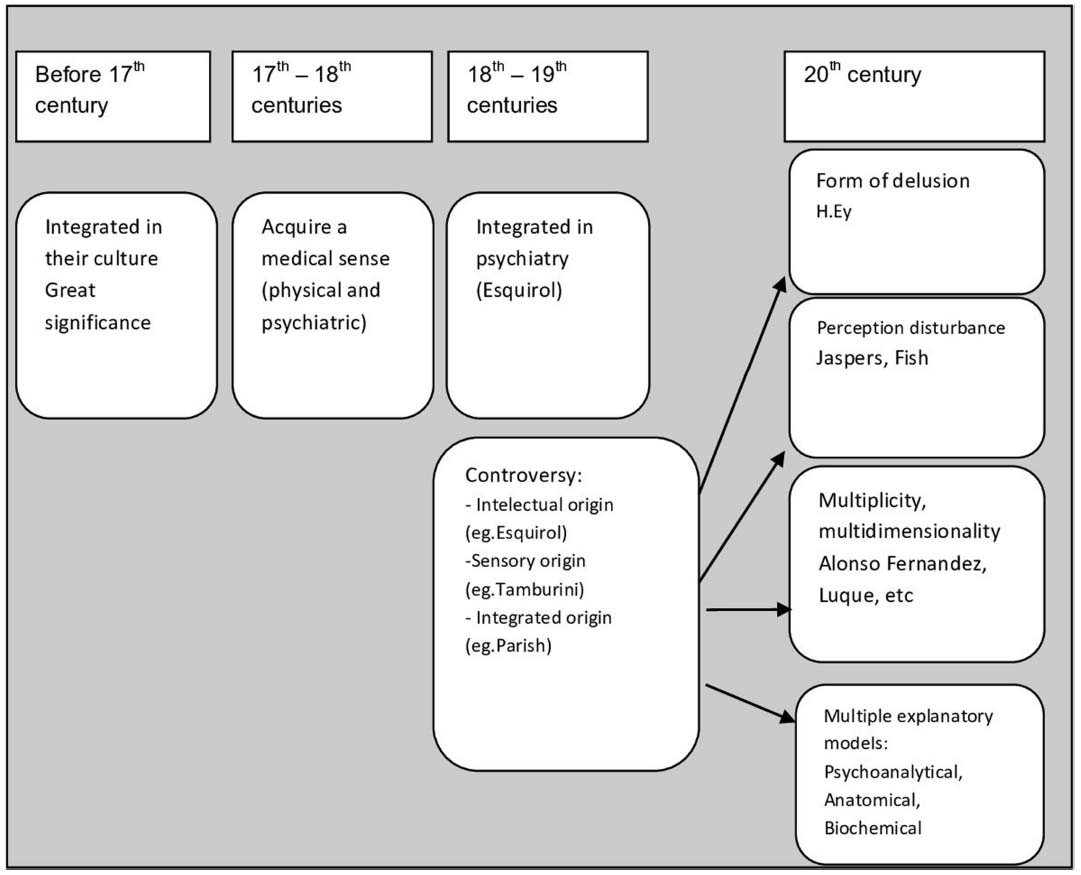

For other researchers, hypnosis remains a mildly disreputable term, a situation which is likely to arise from the many scientifically inaccurate myths associated with the hypnotic context (e.g., trance or being controlled by an authority figure see Lynn et al., 2020). Researchers immersed in the hypnotic tradition can overlook that the hypnotic context is not required for response to imaginative suggestion and focus exclusively on this single context and its associated themes. The present study is motivated by a belief that, at least in recent years, the dominance of the hypnotic context has had two problematic consequences. The capacity we describe is most commonly referred to as “hypnotizability”, which in turn has its roots in the 18 th and 19 th century concept of mesmerism (Pintar & Lynn, 2009). The PCS subjective scale is a reliable tool for measuring trait response to imaginative suggestion (i.e., phenomenological control) outside the context of hypnosis.Īlthough it is a new term, phenomenological control is not a new concept.

Mean scores for the PCS are higher than for SWASH, and the subjective scales of PCS and SWASH show similar reliability.
#ILLUSION VS HALLUCINATION FREE#
We present norms for the Phenomenological Control Scale (PCS), an adaptation of the Sussex Waterloo Scale of Hypnotizability (SWASH) which is free of the hypnotic context. Because misconceptions about the hypnotic context may influence hypnotizability scores, a non-hypnotic scale which better matches the contextual expectancies of other experiments and avoids the hypnotic context is potentially better suited for such investigation.

However, hypnosis is not required for successful response to imaginative suggestion. Reports of substantial relationships between phenomenological control in a hypnotic context (hypnotizability) and experimental measures (e.g., the rubber hand illusion) suggest the need for a broad investigation of the influence of phenomenological control in psychological experiments. Phenomenological control has primarily been studied within the context of hypnosis, in which suggestions are delivered following a hypnotic induction. There are stable trait differences in this ability, as shown by responses to imaginative suggestions of, for example, paralysis, amnesia, and auditory, visual, gustatory and tactile hallucinations. Phenomenological control is the ability to generate experiences to meet expectancies.


 0 kommentar(er)
0 kommentar(er)
